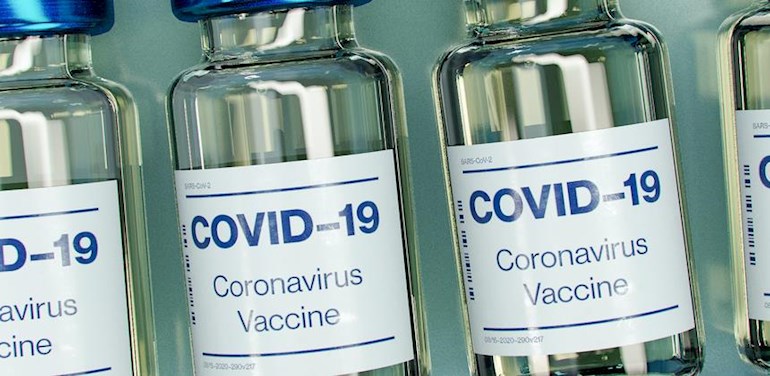There has been much concern following the statement by Prof Salisbury on BBC24 stating that the Oxford vaccine is a live vaccine and that it may not be suitable for patients with low immunity because it contains a live virus. To be clear - NONE of the three COVID vaccines licensed in the UK are considered to be live vaccines - the Oxford vaccine is NOT a live vaccine and the same applies to the Pfizer-BioNTech and Moderna vaccines. The Oxford vaccine contains parts of the covid-19 virus to stimulate the immune response and that is delivered via an adenovirus vector. The adenovirus has been modified so that it cannot replicate and you cannot become ill from either the COVID-19 particles or the vector.
The worrying statement by Prof Salisbury and the concern that this has caused for blood cancer patients has been discussed by the leading CLL doctors in the UK and patient charities. Prof Salisbury has been contacted to clarify his statement and I have seen his response to these doctors and also to Prof Chris Whitty.
This is his reply: "I would like to clarify my position on the use of Pfizer or AstraZeneca COVID-19 vaccines for immunocompromised individuals after comments that I made on the BBC on 07 January 2021 - I fully support the use of either vaccine"
The latest Moderna vaccine which has been approved in the UK in the last few days is an mRNA vaccine, like the Pfizer one. It has been approved by the MHRA and is due to start being given to people from this Spring. The Moderna trial included 30,000 people, including 7,000 people over 65 with other conditions such as heart disease and diabetes. The results showed it was 94% effective in preventing disease. Like the other vaccines it is given in two doses, with the second dose recommended to be 28 days after the first. There are 4 more vaccines undergoing clinical trials at the moment each with significant populations of older people in the cohorts.
CLL patients often have a poor immune response to vaccinations but the COVID-19 vaccine could still offer a level of protection, and some protection is better than none because of the risk of becoming seriously ill from COVID-19.
It’s not possible to know at the moment if any one coronavirus vaccine is more effective than another for people with CLL and not enough people with CLL have had any vaccine yet to assess their responses.
If you are offered the vaccine, the advice is to have it as soon as possible, whichever vaccine you are offered.
Remember, because no one knows how well they will respond to the vaccine, even if you have been vaccinated it is wise to continue to be extremely cautious, limit your contacts, hand wash/sanitise frequently, keep your distance from others and wear a face covering.
There is more information about COVID-19 vaccines here from a CLL Support webinar on 21st December 2020
cllsupport.org.uk/conferenc...
and on the Blood Cancer UK site: bloodcancer.org.uk/support-...
Jackie

